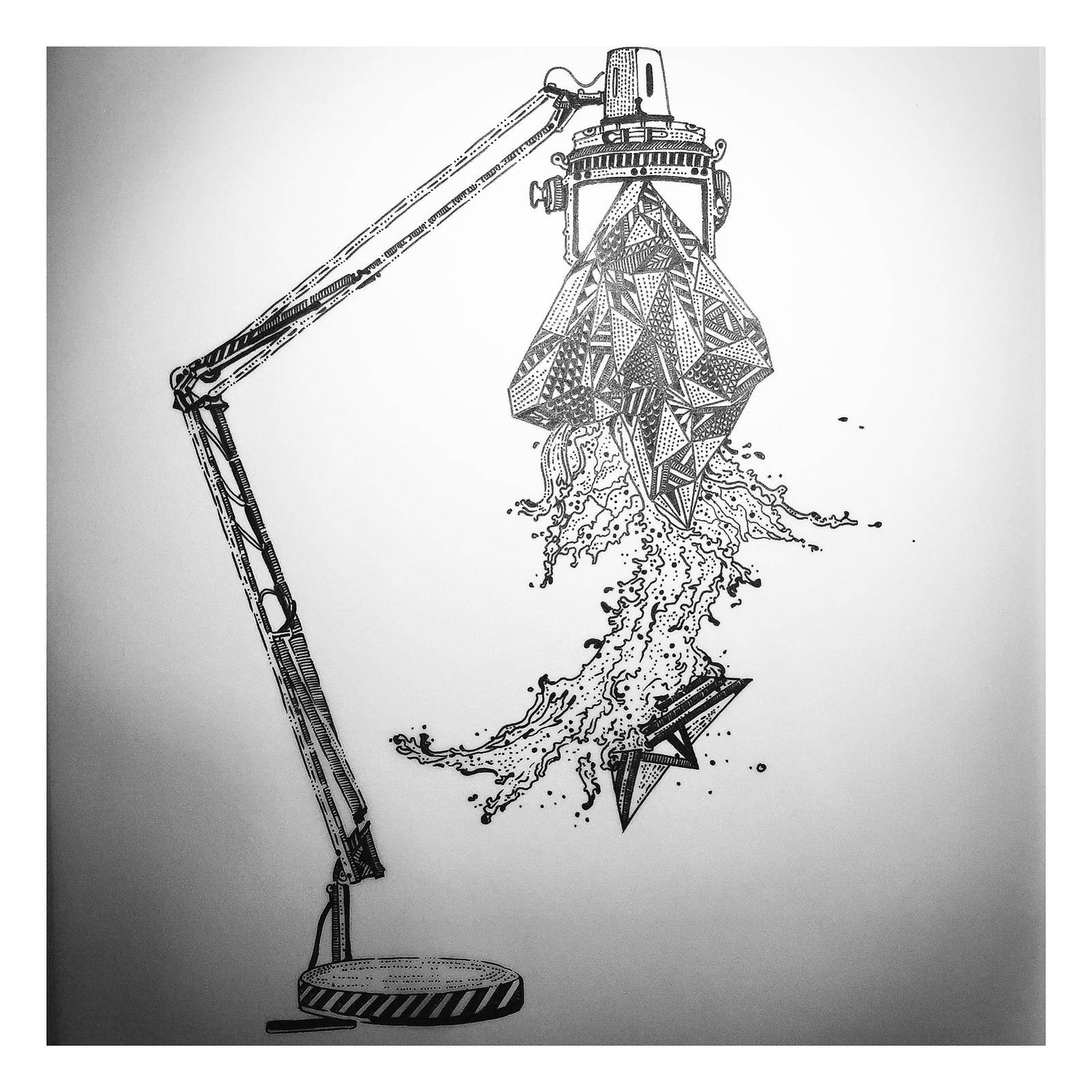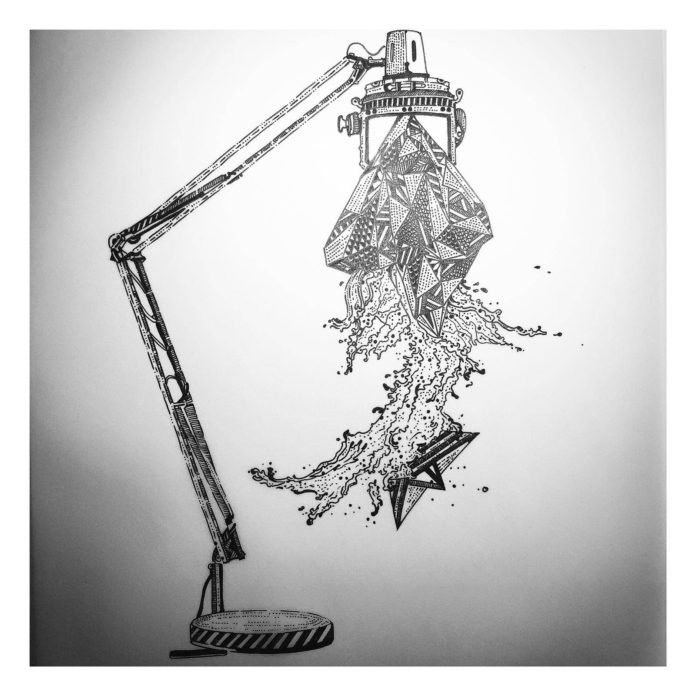SINGAPORE: On the first day of the “circuit breaker”, Eugene was triggered by a flashback of being sexually abused by his mother for three years when he was in school.
Usually, his flashbacks resemble a polaroid-like snapshot, like an image of his mother’s dress, and hit him like major gut punch.
But for the first time in his life, the 40-year-old’s memories served up the “most graphic flashback of them all” – a playback of the abuse happening to him.
“That moment tore down all my belief that I am worthy of everything good, everything I’ve been trying to build all these years. Instead, I felt shame and guilt,” he shared over the phone three days after the incident.
Eugene is one of the eight recovering addicts who spoke with CNA Insider, on condition of anonymity, about how the “circuit breaker” period amid the COVID-19 outbreak has affected their recovery.
“When the flashback happened, my mind froze,” said Eugene. “I just cried and cried. I had major anxiety.
I couldn’t talk. I couldn’t even breathe. It’s almost paralysing.
In normal times, he’d be able to turn easily to his counsellor, Tham Yuen Han – or Han, as her clients call her. For nine years, Eugene has been attending recovery support group sessions and individual counselling sessions at We Care Community Services, ever since he first sought help for his methamphetamine addiction.
But under Singapore’s stringent safe distancing measures rolled out on Apr 7, We Care has had to move sessions online at least until May 4, possibly longer if the measures are extended. The recovery centre deals with a range of addictions, such as alcohol, drug, sex and love, gambling and binge eating.

Artwork by ‘Eugene’ expressing his emotions. The paper boat represents himself as an addict in the midst of chaos.
MORE IN DISTRESS
Eugene isn’t the only recovering addict who has been triggered under the stress and isolation of the past fortnight.
According to Yuen Han, the managing director of We Care, the centre usually gets two walk-in crisis situations in a week. But within the first week of the “circuit breaker”, it attended to six crisis calls – five from current clients, and one from a newcomer.
These calls related, for instance, to trauma flashbacks, anxiety attacks, paranoia and financial distress.
Charles, 58, a recovering alcoholic, empathises with those struggling with having to stay home for weeks on end. “For those younger in their sobriety journey, it is very difficult to be confined in one place,” he said.
“I remember the first time I was on a plane for six hours (without alcohol) – I wanted to jump out of the plane after four hours.”
(File photo: Marcus Mark Ramos)
This period would also be “highly distressing” to newly recovering addicts who must live under the same roof with family members they have strained ties with. Said Yuen Han: “Their addiction would have damaged their family relationship over the years, and they wouldn’t have had enough recovery time to mend it yet.”
Structure is paramount to maintaining sobriety, even if one has been sober for years – it’s even more crucial for addicts who are less than six months into recovery. The latter, said Yuen Han, are “just learning to regulate their emotions and to deal with urges, triggers and cravings”.
“They’re also in the early stages of establishing structure and routine. Previously that would entail coming into the centre daily, getting up at a certain time, turning up for a specific meeting, checking in with the counsellor, or group therapy on a certain day at a certain time,” she added.
The “circuit breaker” would have disrupted those routines.
Tham Yuen Han (second from right), the managing director of We Care, with volunteers and beneficiaries at a 2019 event. (Photo: We Care Community Services)
ISOLATION THE ENEMY
But it’s the isolation that can most take its toll.
Take Hafiz, 33, a newly recovering methamphetamine addict who has been clean for three months. When his wife – who’s in an essential service job – leaves for work every day, he’s left alone with his thoughts at home, and vulnerable to a relapse.
The toilet in his master bedroom, where he would get high the past, can be particularly triggering. That’s where technology has been a lifesaver for him. “I can just go on YouTube, Spotify, go for my mindfulness talk, motivation talk (online)… In one day, I can attend two Zoom meetings,” he said.
He has also been learning to develop a routine. “When I was young, nobody taught me how to plan a timetable, how to manage my life. Now, I even share my Google calendar with my wife, so she can see what I update there,” he said.
Narcotics Anonymous key tags to remind ‘Hafiz’ of how many times he has “failed”. (Photo: ‘Hafiz’)
He even took up work as a McDelivery rider, to keep his mind busy. But after just eight days on the job, McDonald’s suspended all operations.
Similarly, Eugene maintains a fixed schedule to keep his mind from “going haywire” during this time at home. “I wake up and do my meditation… Then I call my sponsor and I go to as many online meetings as possible. Right now, we have lunch meetings, evening meetings – so basically, I just stay connected.”
He added: “My daily check-in (with Han) is important right now. We’ve increased counselling by phone and video to twice a week. Just to see her and hear her voice is comforting.”
We Care has moved its programmes and group plus counselling sessions to Zoom, while counsellors and recovery guides also regularly call or text their clients to check in.
Using Zoom. (Photo: Unsplash/Tran Mau Tri Tam)
CAN’T REPLACE A HUG
But useful as technology has been in helping them stay in touch, it is not the same as being physically in the same room as a fellow recovering addict sharing about their experiences.
Oliver, 29, who is recovering from an addiction to prescription substances, said: “It’s the little tics, like the way they tell a story. The tone and everything. Not that online meetings mean less, but they’re just not the same.”
Stuart, 63, a member of Alcoholics Anonymous (AA) Singapore, says there’s an intimacy in physical presence that heightens empathy.
Describing for example how members would giggle at each other’s “terrible stories of imprisonment and violence”, he said: “We simply recognise the madness that drives otherwise nice people to do excessive things.”
Hugs are one of Eugene’s favourite things at group sessions. “I really, really like to get hugged by people. At the end of the meeting, it’s like, ‘oh my god, cannot wait to hug you guys’,” he said.
Added Oliver: “As sympathetic and supportive as your family members can be, no one can give you that empathy other than another addict. And that itself is very empowering.”

‘Eugene’ baked this cake.. He says addicts tend to be about “all or nothing”. When he does something, he goes all out. (Photo: ‘Eugene’)
Andrew da Roza, chairman of We Care and an addictions psychotherapist, understands that technology can mute the sense of being in a compassionate, non-judgmental environment.
“For addicts, that validation is extraordinarily important… That’s a little bit lost on Zoom because you don’t feel the same energy,” he explained.
“Besides, your brain has already associated that particular (meeting) room, all those chairs, the smell, and the light setting with feeling safe.”
In case a client does have a severe relapse, We Care has gotten an exemption from the Ministry of Trade and Industry that allows its counsellors to attend to onsite crisis cases with risk of self-harm, violence, and suicide.
WAYS TO COPE
But for the most part, the recovering addicts that CNA Insider have so far found ways to cope with this safe distancing period.
Belle, 45, does so by helping others. Once plagued by loneliness at the height of her drug addiction, and the fear of not being accepted for being transgender, she has since gone for a peer support specialist course to learn to reach out to others.
“Apr 24 will mark my 18th month of being clean. I believe my base is already solid, so I work with newcomers (during this “circuit breaker”). I text them and ask how they are,” she said, adding that she also encourages them to join the Zoom meetings.
Not everyone is so tech savvy. Older folks make up a significant portion of drop-ins at We Care.
Said Ben, 38, who is five months into his recovery: “Most of them didn’t know how to use the computer initially. But the turnout for Zoom meetings has been quite good – a lot of the seniors are learning how to use Zoom, so it’s very comforting.”
Elizabeth, 53, is one of them. “All this while, I didn’t know about computers. But when I came to We Care, they gave me a chance to learn to use computers, use a smartphone. All of my life, I just knew only how to use drugs.”
Charles, now 16 years sober, is confident that the “circuit breaker” won’t make him pick up a drink again. In fact, he sees it as an enforced one-month break from work.
“For many of us with addiction, we’re also workaholics. We do things either zero or everything. So, thank you to the virus for allowing me time to take care of myself,” he said.
As for Eugene, boredom – more so than nasty flashbacks – is the biggest enemy to his sobriety. While others might turn to Netflix to kill time, he loathes sitting around; he needs to move.
“I have two dogs. So I walk them twice a day,” he said.
“I also plan to clean out my closet, throw away stuff I don’t need. Next thing I’m doing is clean up my pantry. Probably run 10km a day. I’m going to be the healthiest I’ve ever been, when this is all over,” he quipped.
For help with addiction:
We Care Community Services
6547 5459 or 9641 9648
help@wecare.org.sg
Alcoholics Anonymous Singapore
8112 8089
help@singaporeaa.org
Sex and Love Addicts Anonymous Singapore
slaa.singapore@gmail.com
Narcotics Anonymous Singapore
8405 8432
publicinfo@nasingapore.org
National Addictions Management Services (NAMS)
6732 6837
National Problem Gambling Helpline
1800 666 8668





